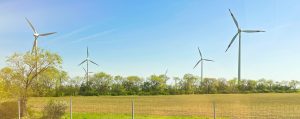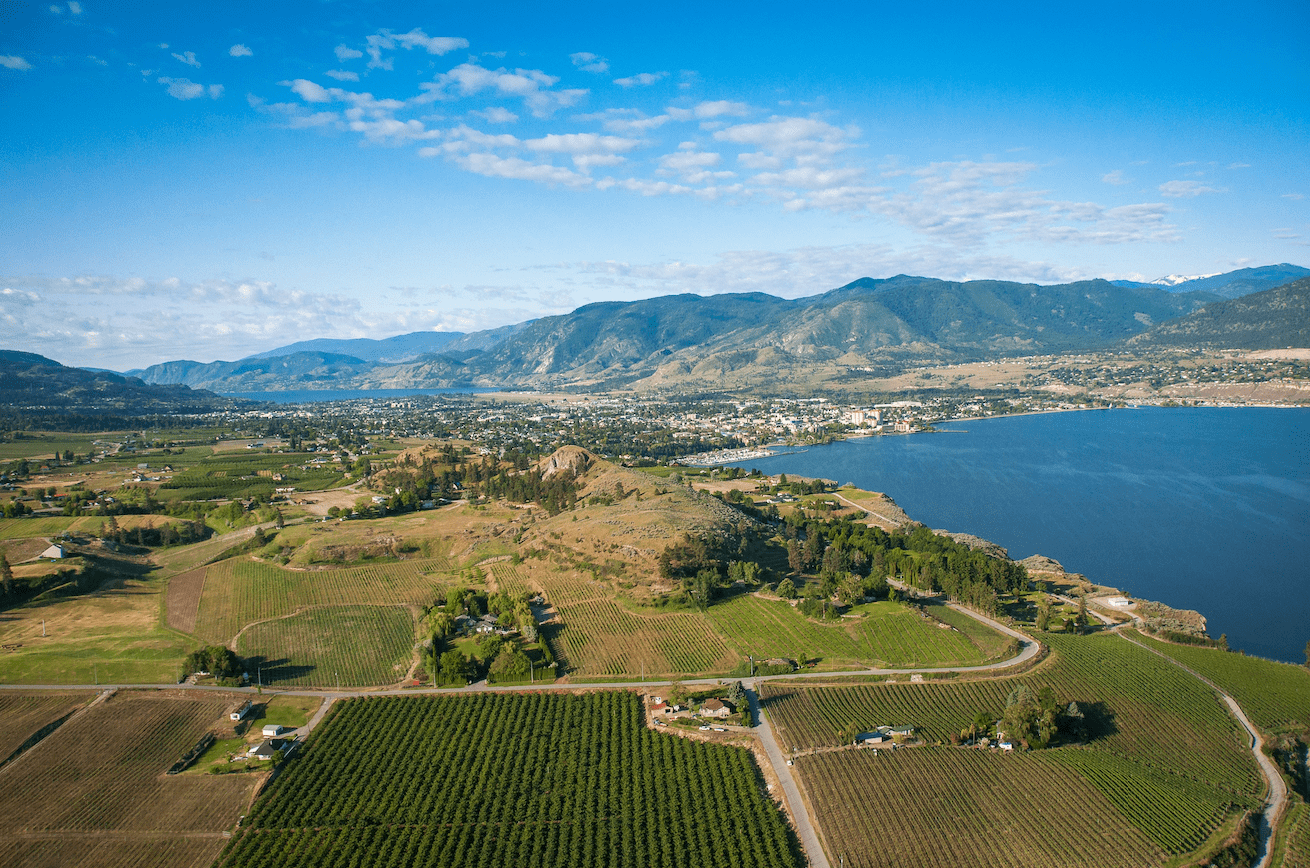
Currently, 98% of the power generated for B.C.’s integrated grid comes from clean or renewable resources making B.C. a leader in North America when it comes to clean energy
WEST KELOWNA – K2 Wind Power Inc., a joint partnership between Innergex Renewable Energy Inc. and Westbank First Nation, was one of nine windfarm energy projects chosen by BC Hydro as part of its 2024 call for power.
Brewster will produce 160 megawatts of power, and was joined by the Elkhart Wind Limited Partnership as two of the projects approved in the Thompson Okangan region. The partners in the venture are Elemntal Energy and the Upper Nicola Band, and it will produce 94 megawatts.
The announcement comes on the heels of recent news that BC Hydro imported 25 percent of its power last year from the United States. Wind power is less reliable than hydro due to changes in weather, and is generally calculated to be slightly more expensive. When adjusted to today’s dollars, the average price from the successful projects in this call is about 40% lower than BC Hydro’s last call for clean power in 2010.
BC Hydro received a strong response to its call for new renewable power-generation projects, and awarded 30-year electricity purchase agreements to the wind projects that will provide nearly 5,000 gigawatt hours per year of electricity, enough to power 500,000 new homes, boosting BC Hydro’s current supply by 8%.
The province intends to exempt these wind projects and all future wind projects in B.C. from environmental assessment, while ensuring First Nations interests and environmental mitigations are protected and maintained.
“With the 2024 call for power, we have achieved our objective to provide new renewable and affordable electricity to power growing communities across the province,” says BC Hydro President and CEO Chris O’Riley. “When we embarked on this initiative, we committed to meaningful economic reconciliation by requiring all projects to include First Nations ownership.”
BC Hydro engaged extensively with First Nations on the design of the call for power, and included a requirement that projects must have a minimum 25% equity ownership held by First Nations. Eight of the nine successful energy projects will have 51% equity ownership. This represents $2.5 billion to $3 billion of ownership by First Nations in new renewable energy projects in the province.
The province and crown corporation BC Hydro are committed to conducting regular, competitive calls for power based on electricity demand. Along with the call for power, BC Hydro is taking a number of actions to ensure it will continue to meet the growing demand from population growth and housing construction, business and industrial development, and transportation.
Together, these actions will power more than one million new homes in the coming years. This includes adding the Site C hydroelectric dam, which will power 500,000 homes; investing in energy efficiency, which is expected to result in 2,000 gigawatt hours per year of electricity saving or enough to power 200,000 homes; as well as renewing existing electricity purchase agreements and exploring the use of utility-scale batteries.
“The Clean Energy Association of British Columbia congratulates the successful proponents of BC Hydro’s call for power, which advances reconciliation through Indigenous ownership and will deliver economic benefits for all British Columbians,” says Kwaatuma Cole Sayers, Executive Director of the Clean Energy Association of BC.
Currently, 98% of the power generated for B.C.’s integrated grid comes from clean or renewable resources making B.C. a leader in North America when it comes to clean energy.
Electricity demand in B.C. is expected to increase by 15% or more between now and 2030.
Natural resource ministries and agencies have been preparing to support the required regulatory pathway for independent power projects since the call for power was issued earlier this year. A “one window” approach provides navigator support to applicants from the time they are considering applications through to decision-making, across provincial ministries.
Business Examiner Staff

